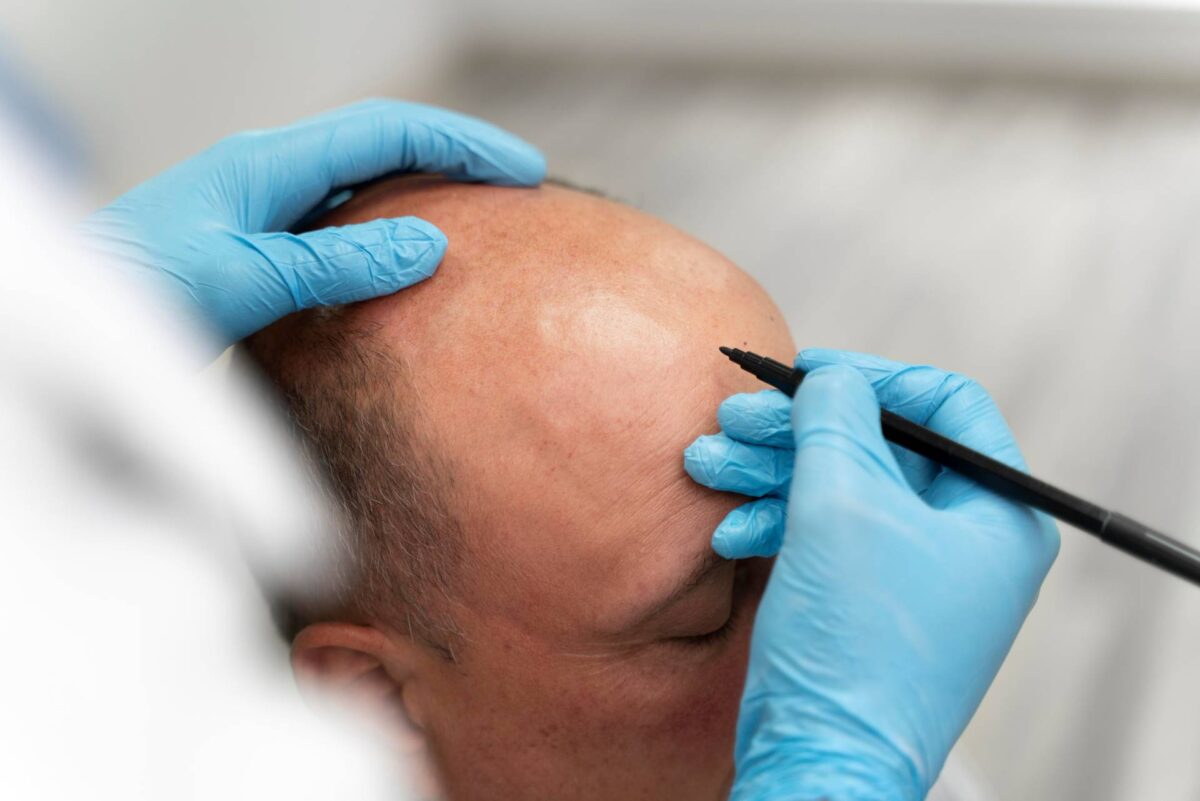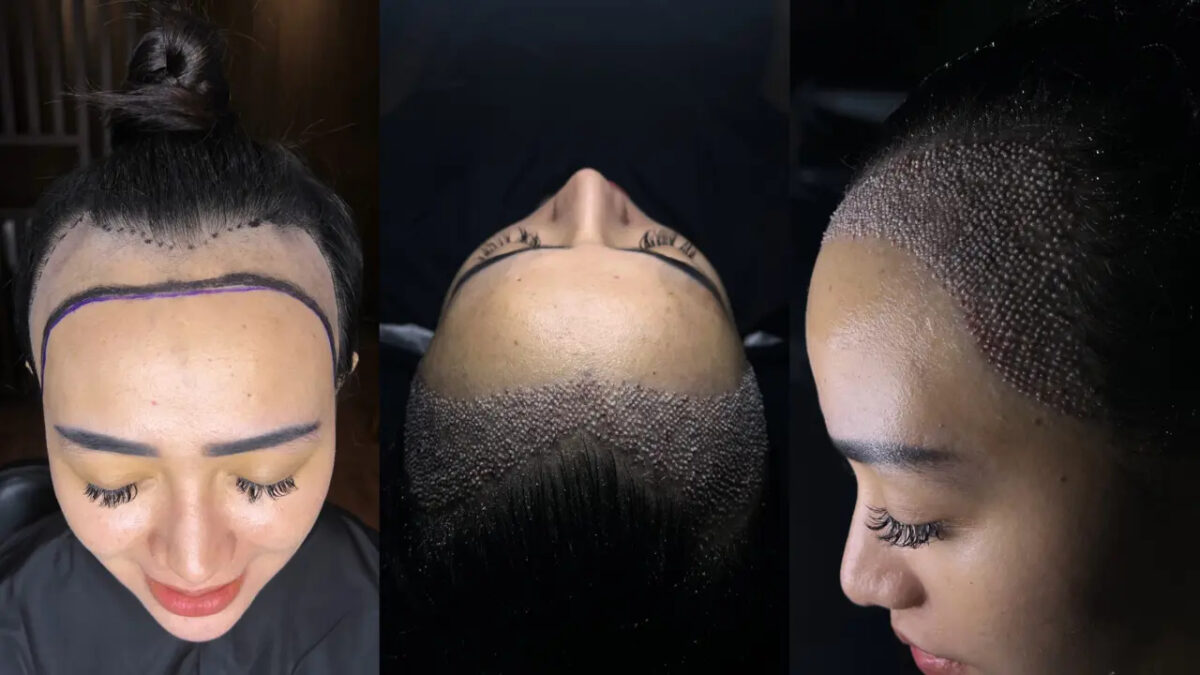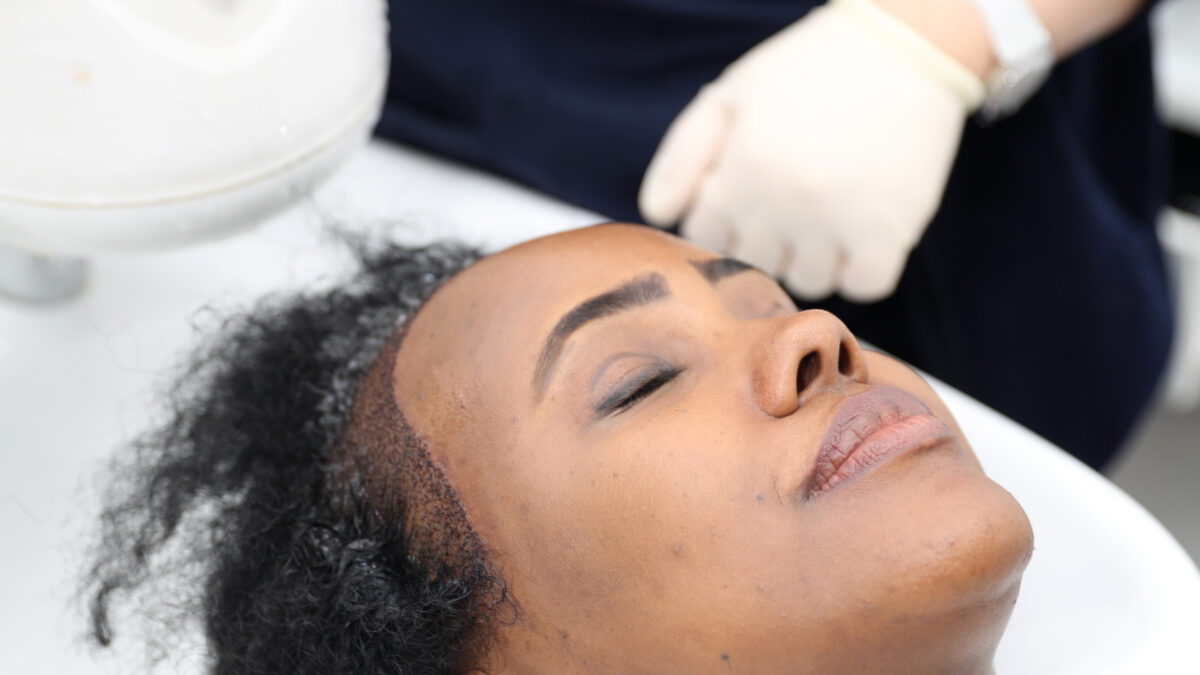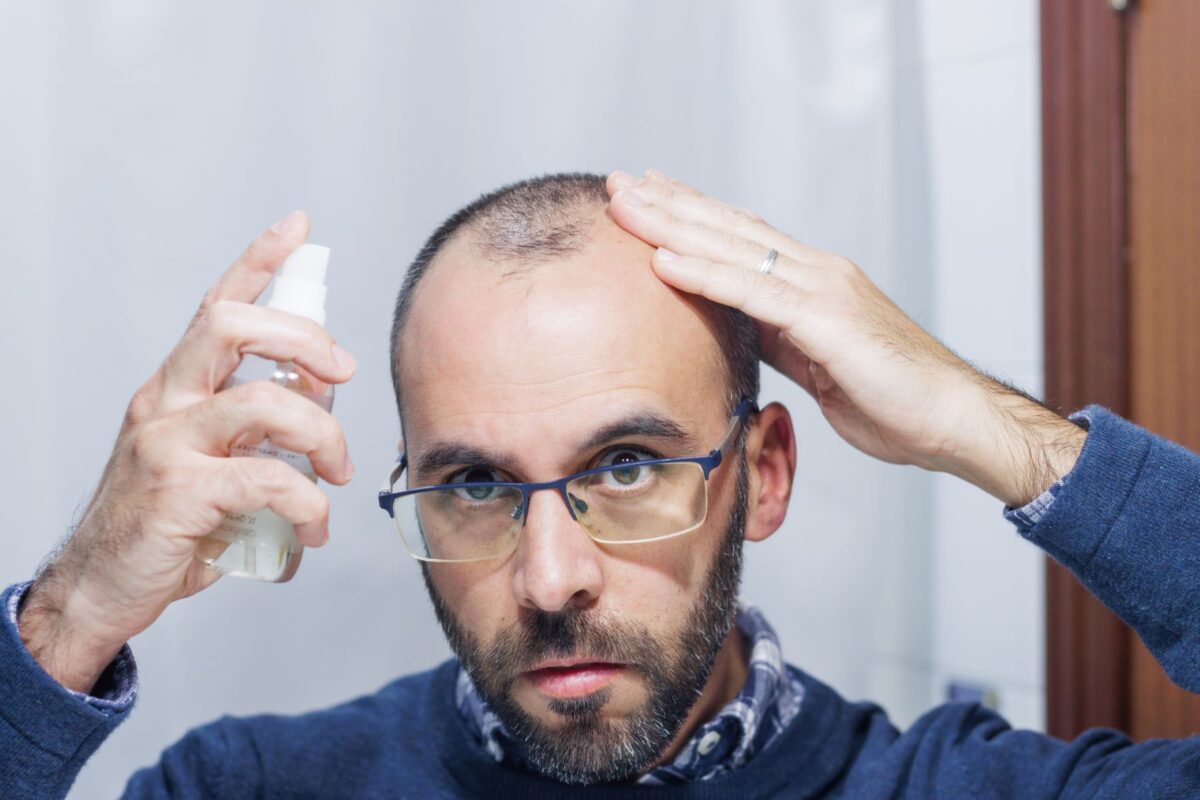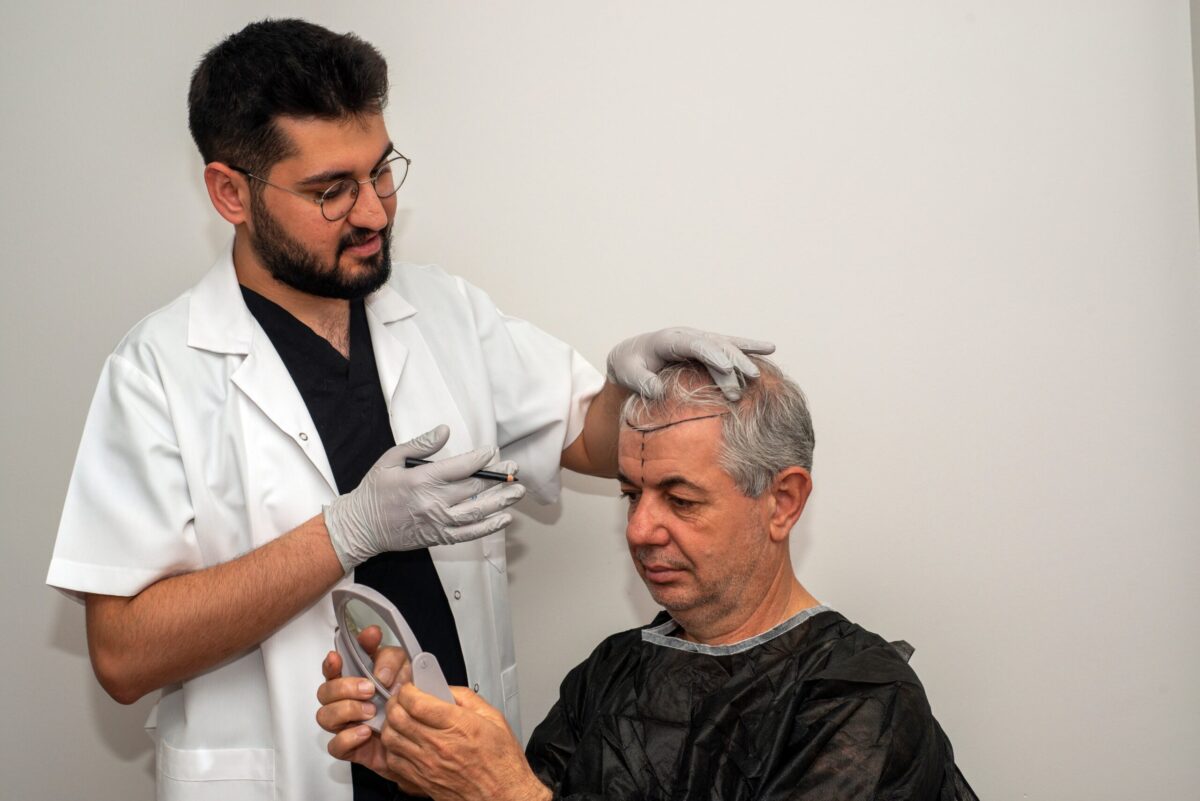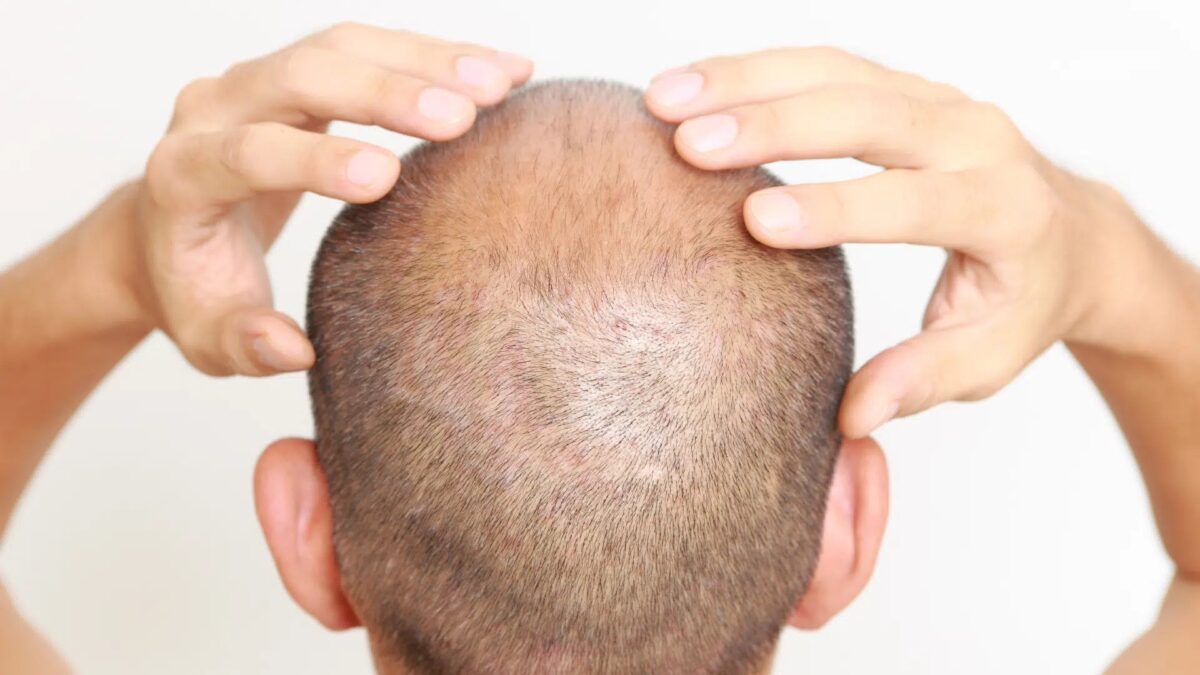At the Caribbean Hair Transplant Centre (CHT), we’re dedicated to making your hair restoration journey as smooth and convenient as possible. We offer both in-person and online consultations via Zoom, allowing you to choose the option that best suits your schedule and location. Here’s everything you need to know to book and prepare for your consultation and hair transplant procedure.
1. Booking Your Consultation (Pre-Operation)
Booking with CHT is easy, whether you prefer an in-person or virtual consultation.
- Online Booking: Schedule your consultation directly through our website at caribbeanhairtransplant.com/book. For questions or assistance, you can also reach us at 1 (868) 714-4468 or by email at bookings@caribbeanhairtransplant.com.
- In-Person vs. Virtual Consultation:
- In-Person Consultation: Ideal for clients who prefer a hands-on approach, allowing you to visit our facility and meet our team face-to-face.
- Zoom Consultation: For those who are unable to visit in person or prefer a virtual experience, our Zoom consultations offer a convenient, private setting to discuss your goals and get an initial evaluation. We’ll provide you with the Zoom link and details upon booking.
- What to Expect During the Consultation:
- Whether in-person or via Zoom, you’ll discuss your hair restoration goals, medical history, and any medications or supplements you’re currently taking. Our team will recommend a personalized treatment plan based on your specific needs.
- For Zoom consultations, we may ask you to provide clear photos of your scalp or area of interest in advance to aid our assessment.
2. Preparing for Your Hair Transplant Operation
What to Wear
On the day of your procedure, wear comfortable, practical clothing to ensure an easy and relaxed experience.
- Clothing: Choose a button-down shirt or a T-shirt with a loose collar, allowing you to remove it easily without disturbing your grafts post-operation.
What to Eat Before the Operation
Proper nutrition plays a key role in keeping you comfortable and energized during the procedure.
- Breakfast: Have a nutritious, filling breakfast on the day of your surgery to avoid dizziness or nausea. Avoid caffeine, as it can increase sensitivity and affect blood flow. If you’re unsure about food choices, our team can offer guidance.
Hygiene and Self-Care
Good personal hygiene reduces the risk of infection and helps with overall comfort.
- Showering: Take a shower on the day of the surgery. Clean skin and hair help minimize the risk of infection.
- Rest: Make sure to get a good night’s sleep before the procedure so that your body is rested and ready.
3. During the Hair Transplant Procedure
Our team will guide you through each stage of the procedure, ensuring you feel supported whether you’re undergoing treatment at our centre or remotely preparing for it.
- Companions: While you’re in the operating room, companions are welcome to wait in our comfortable waiting room.
- Procedure Duration: Depending on the number of grafts required, your procedure may take between 8 and 13 hours to complete.
- In-Procedure Etiquette:
- Movement and Talking: To help our team work efficiently, try to limit excessive movement or conversation during the procedure.
- Gum Chewing: Refrain from chewing gum, as this may affect the procedure and positioning.
4. After Your Hair Transplant (Post-Operation)
Post-operative care is crucial to ensure the best healing and optimal results. Our CHT team will provide you with the necessary guidance, whether you’ve consulted with us in person or online.
- Immediate Aftercare:
- Avoid Contact with Grafts: After the procedure, avoid any contact with the grafted area to allow for proper healing.
- Medical Prescription and Instructions: You’ll receive a customized post-operative care plan with prescribed medications or ointments, along with instructions on how to care for the grafted area.
- Follow-Up and Long-Term Support:
- Our dedicated post-operative team will be in touch regularly to monitor your progress and ensure your comfort. Follow-up care is available for up to one year.
- For clients who consulted via Zoom, we also offer follow-up appointments online for your convenience, where our team can assess healing and discuss any questions or concerns you may have.
- Privacy and Confidentiality: Your privacy is paramount to us. All your information is kept confidential, and online consultations are conducted in secure, private settings.
Book Your Consultation Today
Whether you’re ready for an in-person visit or would like the convenience of an online consultation, we’re here to help. Book directly at caribbeanhairtransplant.com/book, call us at 1 (868) 714-4468, or email bookings@caribbeanhairtransplant.com to get started.
Let us guide you on your journey toward a fuller, more confident look with the Caribbean Hair Transplant Centre!

